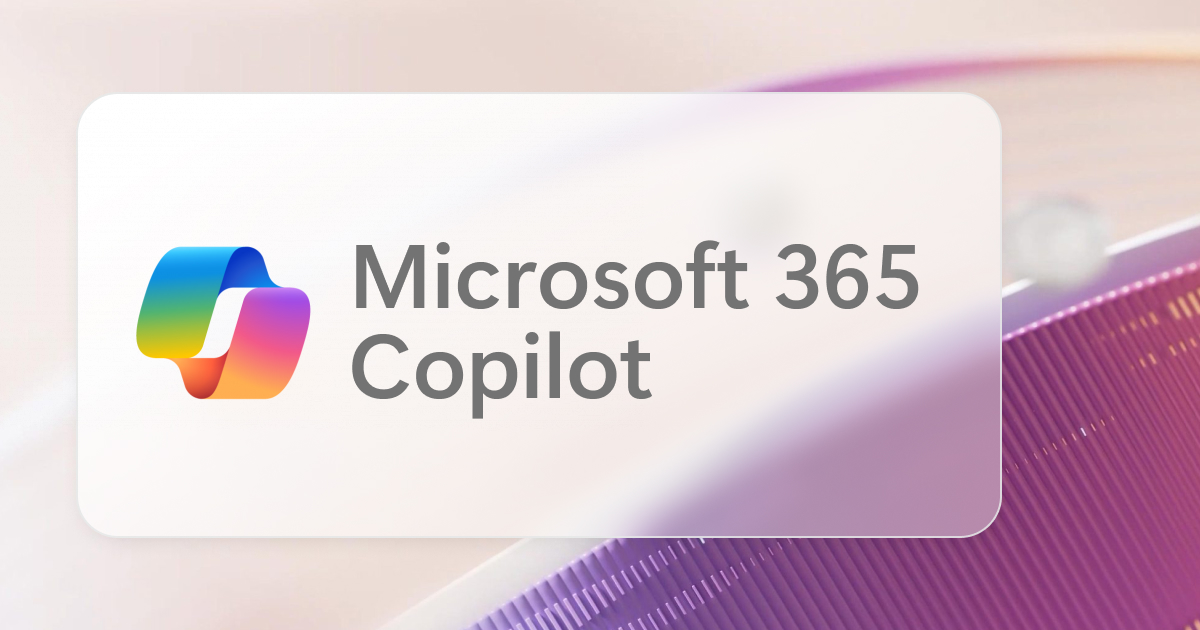
Microsoft is doubling down on its collaboration with Anthropic, OpenAI’s chief competitor, in a move that further diversifies the company’s AI ecosystem. Beginning Wednesday, Microsoft announced that Anthropic’s AI models will be integrated into Copilot, the company’s AI-powered assistant that has until now largely relied on OpenAI’s technology.
This latest step highlights Microsoft’s gradual shift away from its once-exclusive reliance on OpenAI. It follows closely on the heels of a recent agreement that brought Anthropic’s models into Office 365 applications such as Word, Excel, and Outlook, signaling a clear strategy to broaden the company’s AI foundation.
For Copilot business users, this integration unlocks new flexibility. They can now select between OpenAI’s advanced reasoning models or Anthropic’s Claude Opus 4.1 and Claude Sonnet 4, depending on the task at hand. Each model brings its own strengths: Opus 4.1 is tailored for complex use cases like deep reasoning, sophisticated coding challenges, and architectural planning, while Sonnet 4 is designed to handle more routine but high-volume work such as data processing, content generation, and everyday development tasks.
By offering businesses a choice between models, Microsoft is positioning Copilot as a more adaptable and enterprise-ready tool. The move also underscores the broader trend of major tech players reducing dependency on a single AI partner and instead building ecosystems that leverage multiple state-of-the-art models. For enterprises, this could mean greater reliability, better customization, and improved outcomes as they integrate AI into core workflows.







